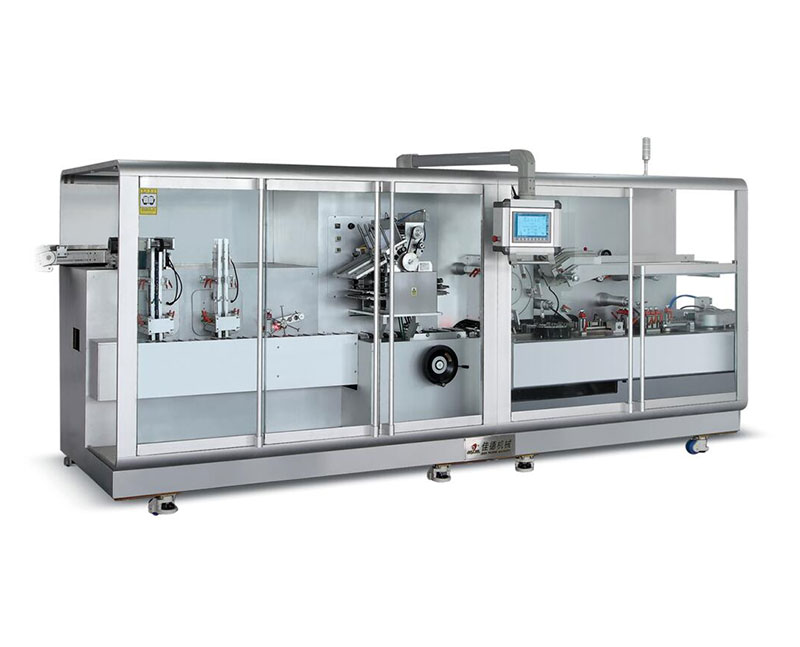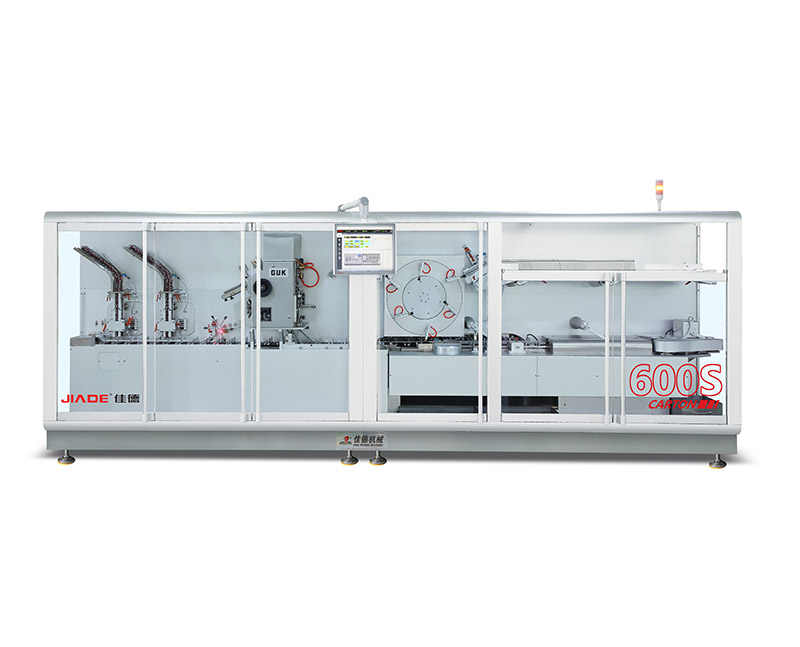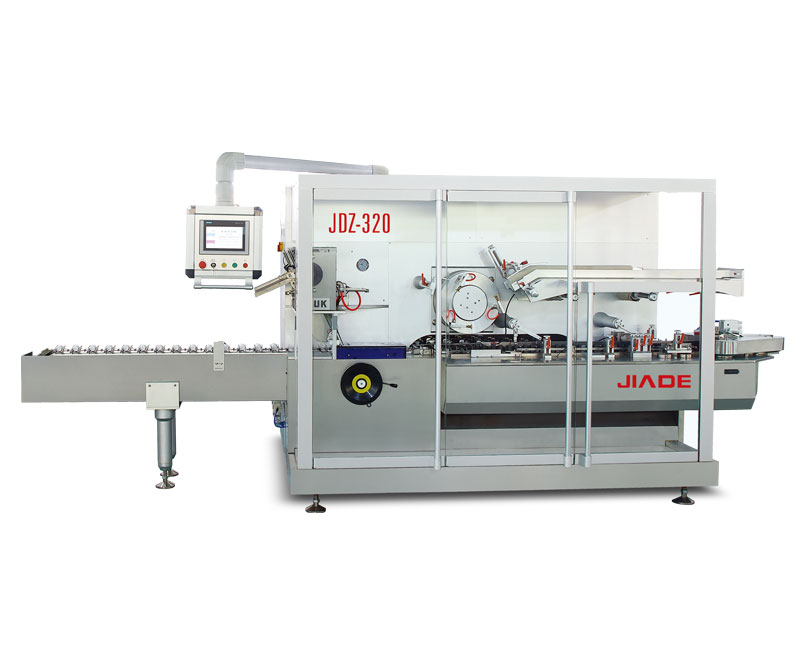What are Case Packers?
Case packers are automated machines designed to efficiently and accurately pack products into cases, cartons, or boxes, streamlining the packaging process in various industries. They play a crucial role in enhancing productivity, reducing labor costs, and ensuring consistent and secure product packaging.
How Do Case Packers Work?
Case packers operate through a series of coordinated steps. First, they receive products from a conveyor system or other feeding mechanisms. These products can range from individual items like bottles, cans, boxes, to grouped items. Then, the case packer precisely arranges the products in a pre-determined pattern inside the case. This pattern is often optimized for space utilization and product protection during transportation. After the products are properly placed, the case packer moves the filled case out of the packing area, ready for the next steps in the packaging process, such as case sealing.
Types of Case Packers
Conventional Case Packers: Conventional case packers are the most common type. They are highly versatile and can handle a wide variety of product shapes, sizes, and packaging requirements. These machines use mechanical arms, grippers, and other components to pick up and place products into cases. They are suitable for industries like food and beverage, where products such as bottles of soda or jars of sauce need to be packed into cases.
Collate Case Packers: Collate case packers are designed for handling products that need to be grouped or collated before being placed into cases. For example, in the consumer goods industry, when packing multiple units of a product, like a set of books or a collection of small electronics, collate case packers can efficiently gather and arrange these items in the correct order and quantity before packing them into cases.
Delta Robot Case Packers: Delta robot case packers utilize advanced robotic technology. These robots are known for their high speed and precision. They can quickly and accurately pick up products from a conveyor and place them into cases, making them ideal for high-volume production lines. In industries with fast-paced manufacturing, such as the pharmaceutical industry, where a large number of small drug containers need to be packed into cases in a short time, delta robot case packers offer significant advantages.
The Role of Related Machines
Case Sealing Machine: Once the case packer has filled the case with products, the next crucial step is sealing the case. A case sealing machine comes into play here. It securely seals the top and bottom of the case, ensuring that the products remain protected during storage and transportation. There are different types of case sealing machines, including tape sealers, glue sealers, and hot melt adhesive sealers. Tape sealers are the most commonly used, as they are easy to operate and provide a reliable seal. Glue sealers and hot melt adhesive sealers offer a more permanent and tamper-evident seal, which is often required for high-value or sensitive products.
Case Erecting Machine: Before the case packer can start packing products, the cases need to be properly formed. This is where a case erecting machine is essential. A case erecting machine takes flat, pre-cut cardboard blanks and folds and assembles them into three-dimensional cases. It can handle different case sizes and styles, from simple rectangular cases to more complex custom-designed ones. By automating the case erection process, it ensures that the cases are consistently formed to the correct specifications, providing a stable and suitable container for the products to be packed by the case packer.
Case Filling Machine: While the case packer focuses on arranging products in the case, a case filling machine is specifically designed to transfer products into the case in a controlled manner. It can handle various filling methods, such as volumetric filling, weight-based filling, or counting-based filling. For example, in the chemical industry, a case filling machine can accurately fill containers with liquids or powders, ensuring that each case contains the correct amount of product. In some cases, a case filling machine can work in tandem with a case packer, with the filling machine transferring the products into the case and the case packer then arranging and positioning the products for optimal packing.
Benefits of Using Case Packers
Increased Productivity
Case packers can operate at high speeds, significantly increasing the rate at which products can be packed into cases. Compared to manual packing, automated case packers can process a much larger volume of products in a shorter period, enabling companies to meet high production demands and improve overall productivity.
Consistent Packaging Quality
With automated case packers, the products are always packed in a consistent manner. This ensures that each case is packed to the same high standard, reducing the risk of damaged products during transportation and enhancing the overall quality of the packaged goods. Consistent packaging also improves the brand image, as customers receive products that are neatly and securely packed every time.
Labor Cost Reduction
By automating the packing process, companies can reduce their reliance on manual labor. Fewer workers are needed to pack products into cases, which leads to significant cost savings in terms of wages, benefits, and training. Additionally, automated case packers can operate continuously without the need for breaks, further optimizing labor resources.
Flexibility and Adaptability
Modern case packers are designed to be highly flexible and can be easily adjusted to handle different product types, sizes, and packaging configurations. This allows companies to quickly switch between different product lines and packaging requirements, providing greater adaptability in the face of changing market demands.
In conclusion,
Case packers are essential components of the modern packaging industry. Their ability to efficiently pack products into cases, in conjunction with related machines such as case sealing machines, case erecting machines, and case filling machines, offers numerous benefits to businesses across various sectors. By understanding the functions and advantages of case packers, companies can make informed decisions about incorporating these automated solutions into their packaging operations to improve efficiency, reduce costs, and enhance the quality of their packaged products.






